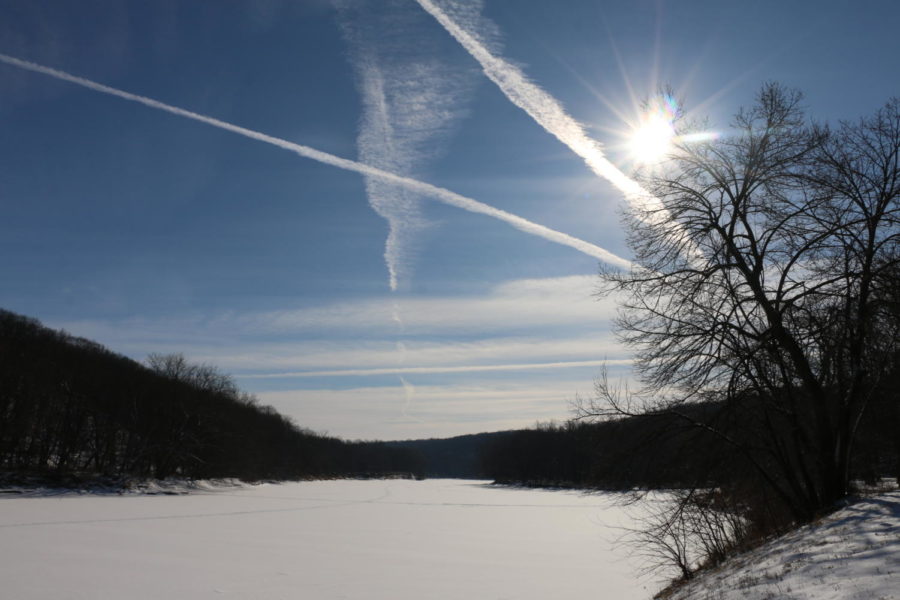Editorial: Water Works lawsuit at critical turning point
February 6, 2017
Our identity as a state is deeply rooted in our past and present rendezvous with the land. We have a history, in Iowa, of conserving our resources while producing for our communities. Whether urban or rural, Iowans thrived in a healthy environment. That notion may be slipping from our very grasp.
Des Moines Water Works (DMWW) is currently locked in a legal battle with three Iowa counties that operate drainage districts. DMWW, which provides drinking water for about 500,000 central Iowans, was seeking damages from the drainage districts for having to operate its nitrate removal facility to meet Environmental Protection Agency standards to the tune of $7,000 a day. But the Iowa Supreme Court ruled in late January that the drainage districts could not be sued for damages under current Iowa law.
What does this mean? Environmentalists will call it a setback. Farmers will say it is a battle won, but more victories need to follow. The truth, as usual, falls in the middle. Where we stand after the ruling is where we started. Our rivers, streams and lakes in Iowa are still choked with runoff from farms and parking lots. Sediment from rapid and severe soil erosion freely deposits our topsoil downstream. Des Moines still has to operate an expensive facility to provide safe drinking water to half a million people.
The lawsuit was a bold move by DMWW, and it still may pay off for the water utility company. If it wins the next fight, which involves expanding Clean Water Act regulations to area drainage districts, then farmers could be forced to spend money to show that they are complying with federal laws. If they lose, however, farmers could continue their operations unaltered and consumers in Des Moines will still foot the bill.
This is an excellent time, with one ruling down and another pending, for both sides to come to the table to demand that legislators and the governor come up with a compromise. Iowans have had enough of each side spending millions of dollars in the court room and not on implementing solutions.
Here at Iowa State, researchers and extension officials are testing and publishing methods and practices that reduce the runoff of soil and nutrients into area waterways. Students who will be future farmers and consumers are learning that steps can be taken to grow food in a sustainable way.
We know that it is within our capacity to provide safe drinking water, nutritious food, livable incomes and a healthy environment to the future generations. But, instead of whole-heartedly working toward these solutions, we are slinking back into our corners and blaming those across the room. In a sign of unity and progress, our legislators, urban and rural, Democrat and Republican, need to come together and create a plan that respects our farms and saves our water.
If this becomes the proverbial can-kicked-down-the-road because no one wants to show leadership, then the future looks bleak for our waterways and farmers alike.
















